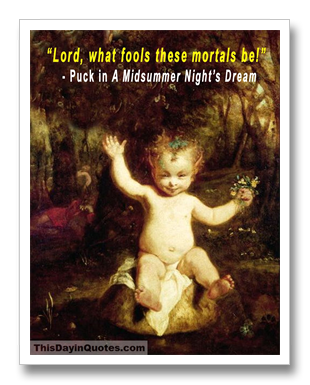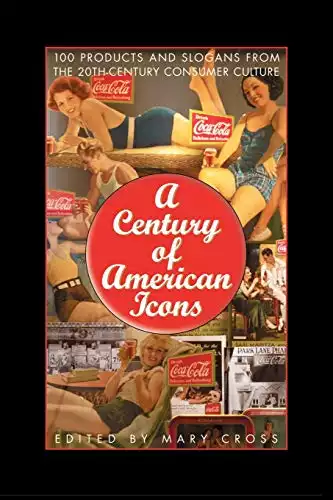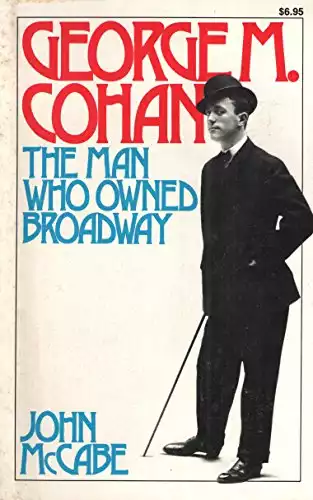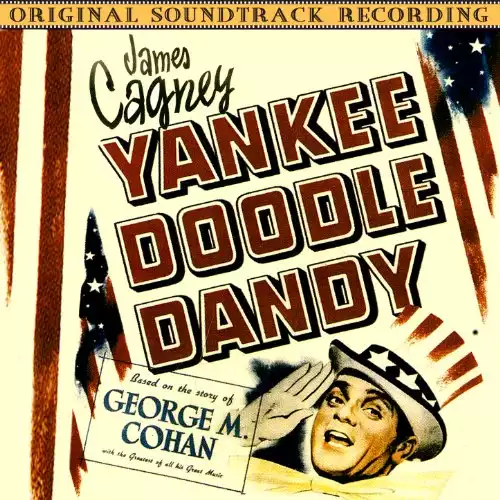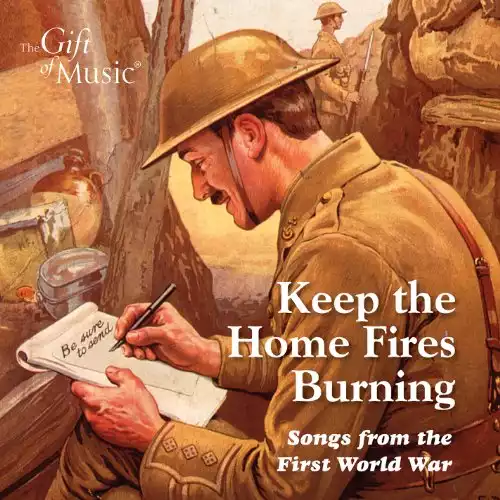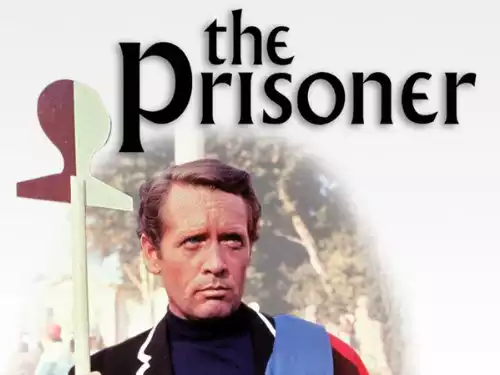EXTERIOR. SMALL CAFÉ IN KEY WEST, FLORIDA – MORNING
An old, gray-haired man is sitting at one of the tables at an outdoor café in Key West, sipping Cuban coffee, reading the Key West Citizen newspaper.
A very beautiful young woman and extremely handsome young man sit down together at a table nearby.
They are wearing expensive-looking dark sunglasses and have an air of celebrity.
The old man notices a pretty waitress at the café point at the young man and hears her talking to another waitress.
WAITRESS:
“Who’s that behind those Foster Grants?”
The old man recalls that question started out as an ad slogan for Foster Grant sunglasses. (According to the trademark filing for the slogan in the US trademark database, it was first used in commerce on October 8, 1959.)
The good-looking young man also overhears the waitress. He looks up at her, takes off his sunglasses, gives her a big, flirtatious grin and responds, slurring the words just enough to indicate that he’s somewhat drunk.
YOUNG MALE CELEBRITY:
“I’m a Yankee Doodle Dandy,
A Yankee Doodle, do or die;
A real live nephew of my Uncle Sam,
Born on the Fourth of July.”
The old man remembers that those are lyrics from the song by George M. Cohan titled “The Yankee Doodle Boy.” (Written for the stage show Little Johnny Jones, which was first performed in Hartford, Connecticut on October 8, 1904.)
He wonders if the young man might be a Broadway star who is familiar with the famous musical or if, perhaps, he’s a movie star who has seen the classic 1942 film about Cohan, Yankee Doodle Dandy, in which James Cagney sings the song.
The young woman wearing the Foster Grants seems hurt that her male companion is flirting a bit too conspicuously with the pretty waitress. She leans over and speaks to him in a voice that’s low, but clearly intended to be loud enough for the waitress to overhear.
YOUNG FEMALE CELEBRITY:
“Keep the home-fires burning.”
The old man hears her, too, and recalls that those words come from song that was popular during World War I. (Lyrics by Lena Guilbert Ford, music by Ivor Novello. First published as sheet music under the title “‘Till the Boys Come Home” on October 8, 1914, later retitled and better known as “Keep the Home-fires Burning.”)
The handsome young man frowns and seems annoyed that someone would try to rein in his behavior and tell him what to do. He pushes his chair back, stands up a bit unsteadily, and says in an angry tone.
YOUNG MALE CELEBRITY:
“I am not a number – I am a free man!”
The old man is surprised to hear the young man quoting a line from a TV series he enjoyed in the late 1960s: The Prisoner, starring Patrick McGoohan. (The line was used in the opening segment of each episode starting with the show’s second episode, “The Chimes of Big Ben,” which originally aired in the UK on ITV on October 8, 1967.)
The angry young man stalks off, leaving the beautiful young woman in tears.
The older man feels sorry for her and recalls a line spoken by the character Puck in William Shakespeare’s play A Midsummer Night’s Dream, which was entered into the Stationers’ Register (England’s early version of a Copyright Office) in London on October 8, 1600.
We hear what the old man is thinking as a voiceover.
VOICEOVER:
“Lord, what fools these mortals be!”
FADE OUT.
* * * * * * * * * *
Comments? Corrections? Post them on my quotations Facebook group.
Related reading, listening and watching…



